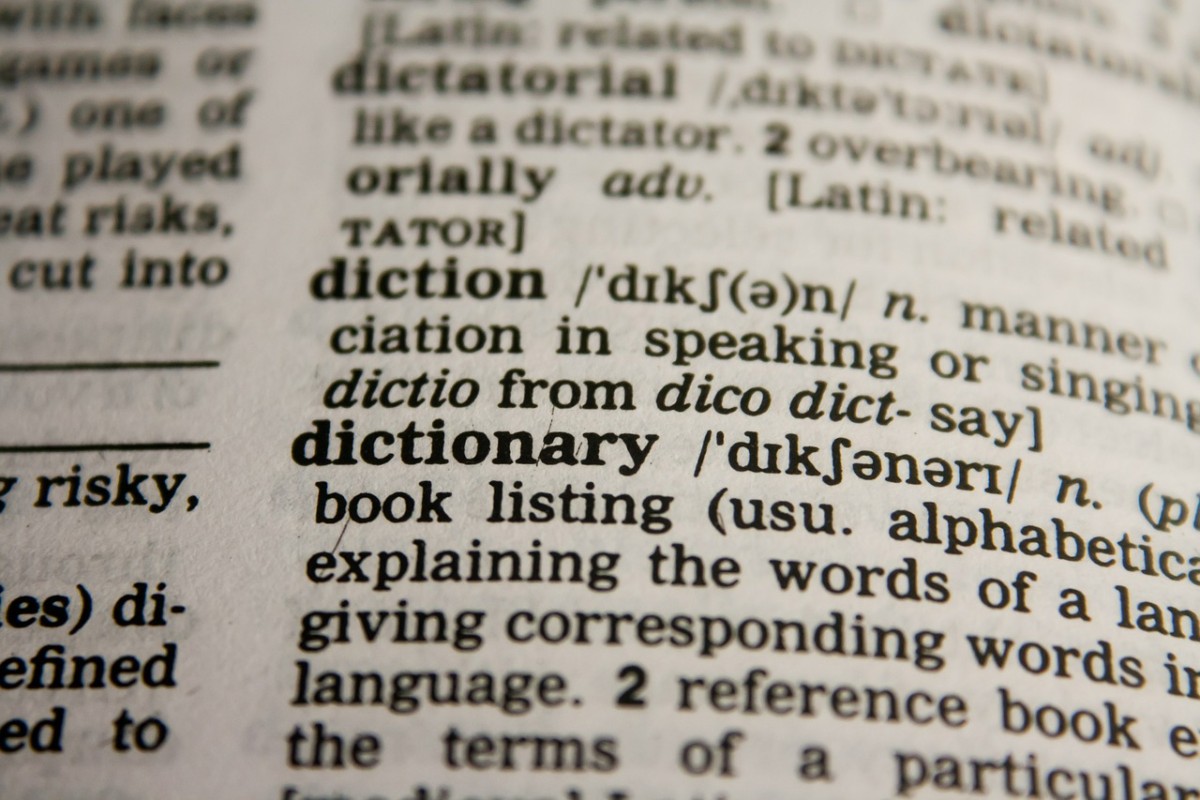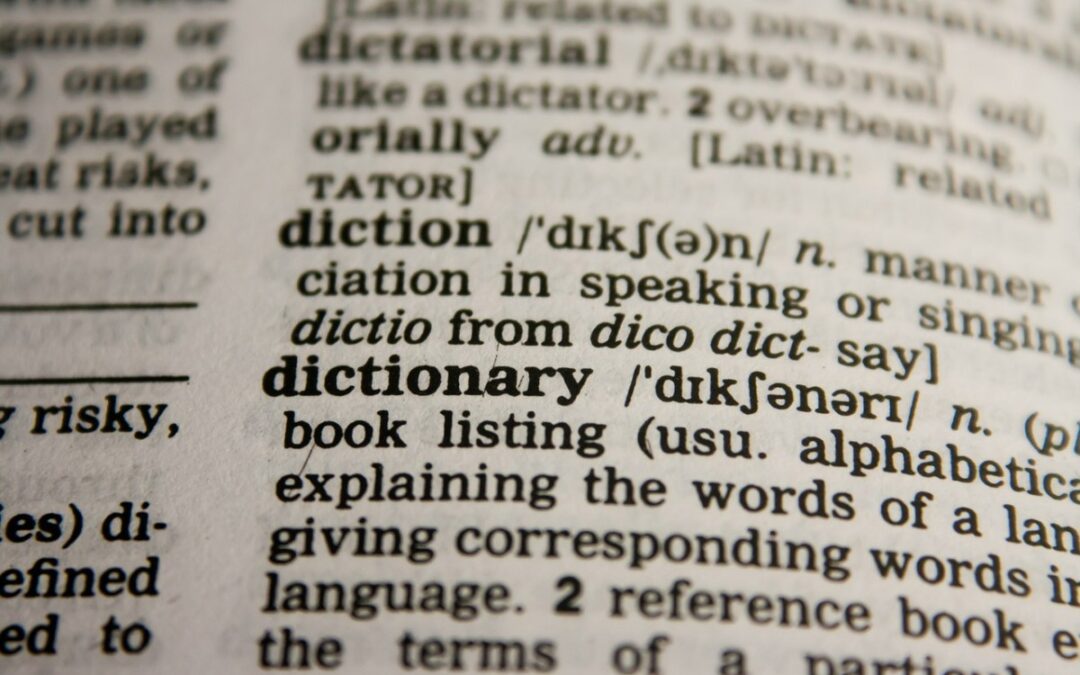
If the last time you discussed something with your realtor, you could feel your head swim and your eyes glaze over, you may have been experiencing a language breakdown. This breakdown occurs when a new home buyer is continuously pelted with real estate terminology that is so foreign to them, they no longer have any idea what’s being said.
To assist the real estate novice in gaining a better understanding of words and phrases used in home buying, here is a brief glossary of terms.
Glossary of Common Terms New Home Buyers Should Know
Title insurance – provides protection against debts or liens against the property that are unknown. Checks for liens, legal title rights, etc. are run before issuance of this insurance.
PMI (private mortgage company) – if the down payment that a buyer puts forth is under 20% of the purchase price, this monthly insurance payment may be required. (It offers lender protection against borrower default.)
Pre-qualification – estimates the total amount that a borrower might be able to receive. It is a free service provided by banks and is not as official as the pre-approval for a mortgage.
Pre-approval (for a loan) – a buyer’s negotiating capabilities can be strengthened with this written guarantee for a loan of up to a specific amount.
Home inspection – this highly recommended step takes place at the expense of the buyer and is an in-depth examination of the property in question by a qualified professional. Areas of concern can include HVAC systems, electrical, roof, foundation, plumbing, and more.
Fixed-rate mortgage – for the duration of a conventional loan repayment period, there is a locked in (or pre-determined) interest rate.
FHA loan – are loans insured by the FHA (Federal Housing Agency). Though they require two kinds of mortgage insurance, they often demand lesser down payments and appeal to individuals with low credit scores.
Earnest money – held by a neutral party, this good faith deposit represents the buyer’s seriousness in purchasing the property.
Contingencies – before closing a real estate transaction, these conditions must be met. One example would be the previously mentioned home inspection.
Closing costs – real estate transactions sometimes have incidental charges or expenses associated with the following: appraisal fees, deed recording fees, document preparation fees, credit report fees, lawyer’s fees, etc.
Binder – identical to a sales contract, this is a formal agreement to buy property that is made between the seller and the buyer. It is legally binding when agreed upon by both parties.
Assessed value – assigned by a governing authority, it is a property’s worth. It is used to levy a fee or a tax on the owner of the property.
Appraisal – a written analysis by a qualified appraiser will be the basis for the estimated value of a property. Before banks offer loans, they will usually ask for an appraisal of the property in question.
Amortization – including interest and the original amount borrowed (the principal), this is a loan’s repayment schedule. Displayed in this schedule are the following: remaining loan balance and the amount of interest and principal included with every payment (in a table format).
ARMs (adjustable rate mortgage) – frequently used for short-term ownership, these typically have lower initial rates that might go down or up, for a specific number of years.
There are numerous additional terms and phrases used in the world of real estate. This short introduction to terminology will hopefully help the new home buyer feel more confident during their next exchange with a seller, a bank, or their realtor.


Recent Comments